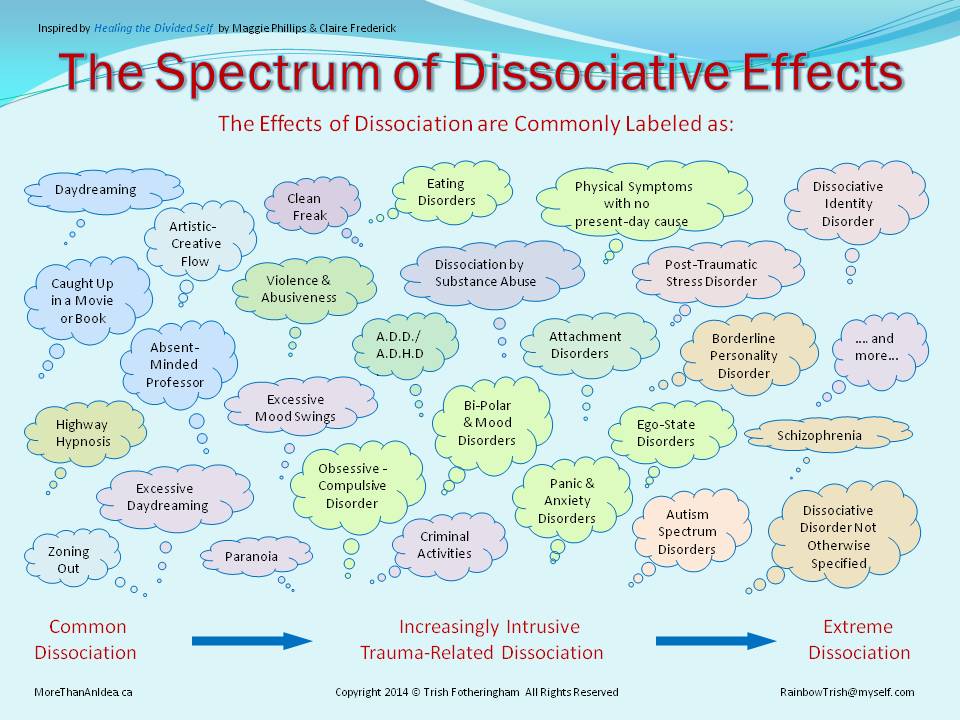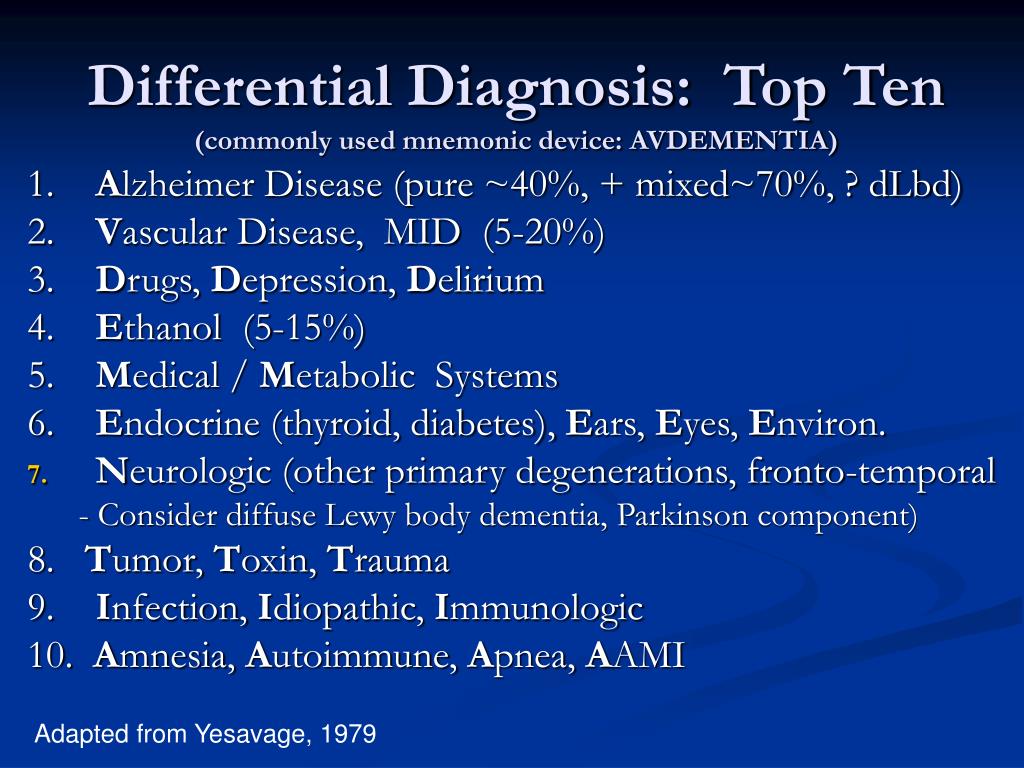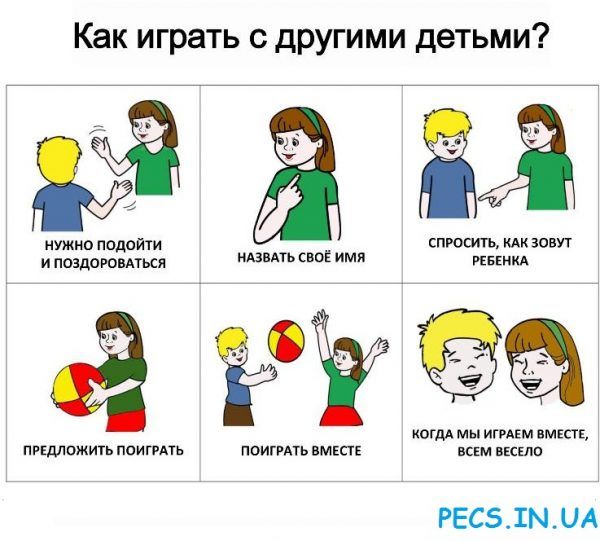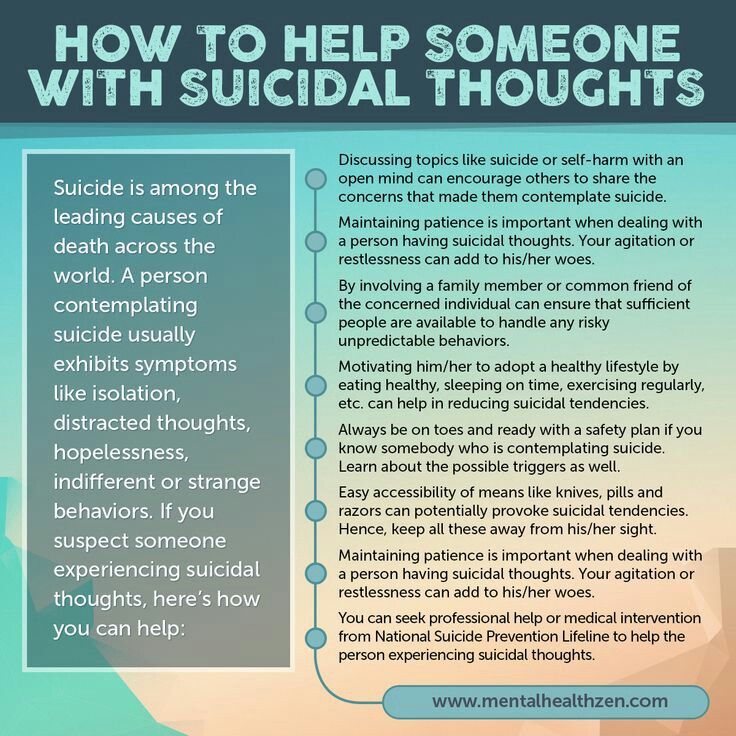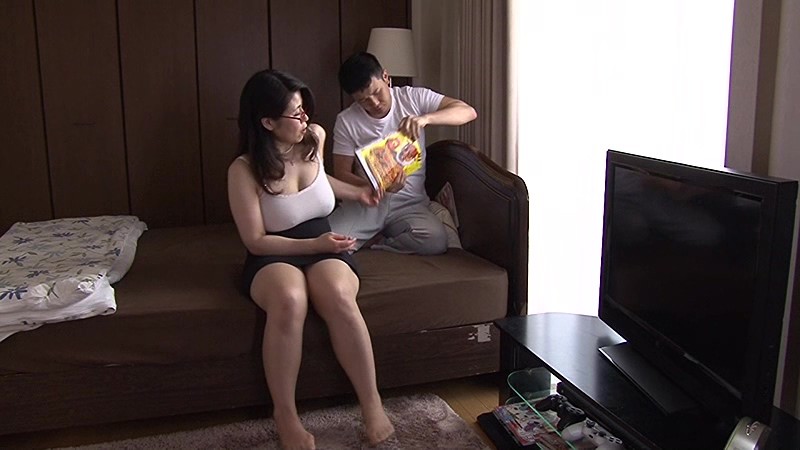Children of codependent parents
Parent Codependency: Recognizing the Signs
You may be familiar with the idea of codependency from the world of alcohol and chemical misuse. In fact, that’s where the term “codependency” was born.
Today, though, the term has broadened to include relationships. It’s sometimes connected with other kinds of codependency.
For example, a 2009 study of 171 adult females suggested that parental alcohol misuse or history of childhood abuse may make relationship-based codependency — such as the parent-child variety — more likely to happen.
But it can also occur all on its own. Here’s what you need to know about being a codependent parent — and how it puts your children at risk.
A codependent parent is one who has an unhealthy attachment to their child and tries to exert excess control over the child’s life because of that attachment.
Codependency can be found in the full range of parental relationships: A codependent father may rely on his daughter or son to keep him mentally stable and emotionally happy. A codependent mother may rely on her son or daughter to take responsibility for her physical well-being.
While codependent parents may claim that the close relationship they covet is a sign of a well-functioning family, their preoccupation with each other is a sign of dysfunction.
It’s important to realize that codependency isn’t easy to spot, according to a 2014 research article. Biological, psychological, and social elements can all contribute to codependency.
If you think you may be a codependent parent, here are some signs to look out for.
In a codependent relationship, your sense of self depends on your relationship with your child.
Codependent relationships feed on a cycle of neediness: One person needs the other. Sometimes, but not always, it works both ways and the other person wants to be needed too.
Parents who are codependent may try to control their child’s life. This control can show up in different ways:
- Over-involvement.
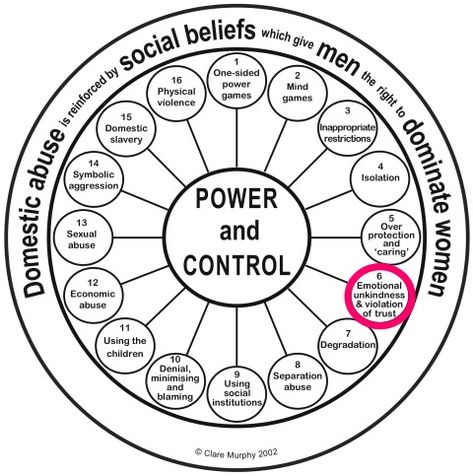 For example, if a parent sees that something painful is happening in their child’s life, they’ll try to gain control by getting involved — often too involved. That’s because the child’s pain is the parent’s pain. (This is, of course, true for all parents… within reason. We don’t like to see our kids hurting. It’s when it’s taken to the extreme that it crosses the line into codependency.)
For example, if a parent sees that something painful is happening in their child’s life, they’ll try to gain control by getting involved — often too involved. That’s because the child’s pain is the parent’s pain. (This is, of course, true for all parents… within reason. We don’t like to see our kids hurting. It’s when it’s taken to the extreme that it crosses the line into codependency.) - Inappropriate caretaking. Codependent parents will do more for their child than what is age-appropriate. For example, an 8-year-old child should be choosing their clothes to wear each morning on their own. A 16-year-old should be managing their own class schedule and homework.
- Incorrect shouldering of responsibility. Codependent parents often feel responsible for their child’s feelings and take the blame for their child’s mood swings.
Do you believe that you need to be available 24/7 for your child? If you’re a codependent parent, the first relationship that’ll likely suffer is your relationship with your partner.
Instead of investing time and energy into building a meaningful romantic relationship, you may choose to focus solely on your child. As time goes on, you may find that your sexual relationship with your partner has stagnated.
You may also find that you’re isolating yourself from your family members and friends. You’re prepared to cancel a coffee date with your BFF because your child insists that you need to take them shopping for soccer shoes.
Codependent parents may unknowingly (or knowingly but not maliciously) use many psychological strategies to get their child to do what they want:
- Passive-aggressive behavior. This is when a parent is being indirectly aggressive toward their child.
- Projection. This happens when a parent can’t handle their feelings or believes that the feelings are unacceptable. Unable to work through the feelings, the parent projects them onto their child. In this way, the parent avoids feelings of guilt, shame, or regret.

- Generating guilt. This occurs when a parent attempts to make their child feel guilty about something to pressure them into behaving how they want them to behave. An example is when a parent complains their child rarely talks about what happened at school. Remaining the victim, the parent may then say that a daily summary isn’t necessary. Often, feeling guilty, the child will reassure the parent that this isn’t a big deal and that they really want to do it. The result? The parent gets the play-by-play without having to feel guilty about it because the child reassured them it wasn’t a big deal.
Do you believe that, no matter what, you’re always right? Do you feel attacked if someone questions what you’re doing?
Codependent parents often won’t accept that they’ve done something wrong. This is because any sign of disagreement is a show of rebellion. It threatens the parent’s authority and sense of control.
We all like to share our childhood memories with our children.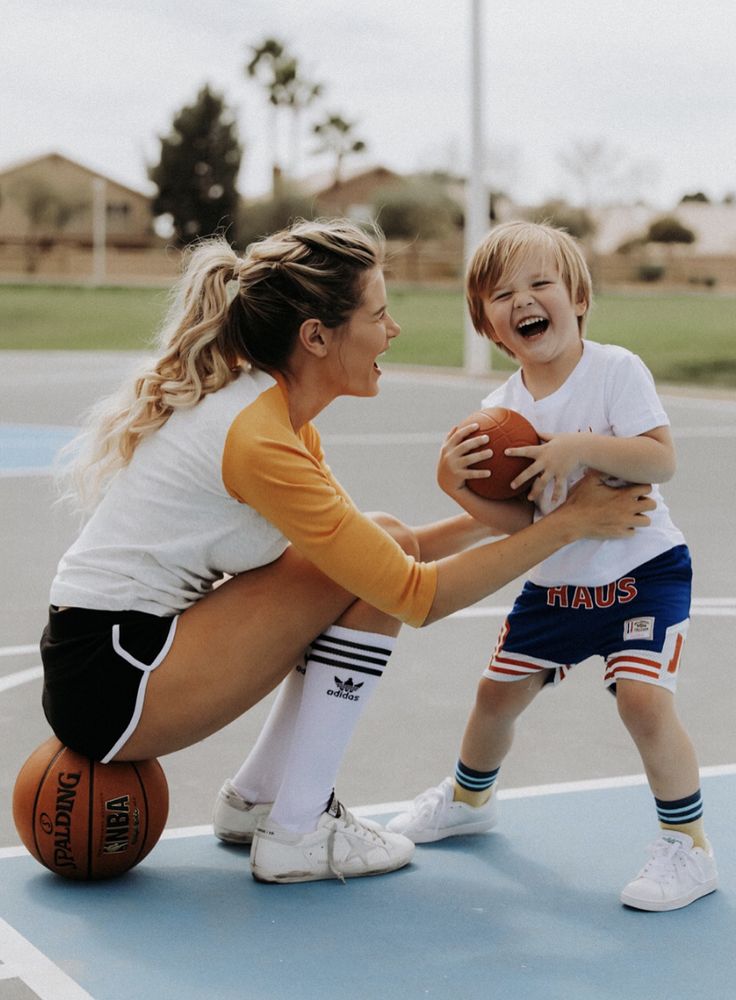 When done in a positive way, we can teach our children important coping skills.
When done in a positive way, we can teach our children important coping skills.
For example, when you reminisce about how you drove over your neighbor’s geranium pots and then tell your child that you knocked on the neighbor’s door to offer to replace them, you’re teaching your child an important lesson about responsibility.
However, if you frame it as your neighbor making you feel ashamed and careless for years after that — despite your new driver status at the time — you may be unconsciously trying to garner sympathy from your child.
Codependent parents rely on their children to give to them, instead of giving to their children. This is known as parentification.
By continually showing your child that you were a victim, you’re relying on them to give you the emotional support you need.
Codependent parents may have a hard time disciplining their children.
Fearful that their child will reject them, they choose to let them break the boundaries they’ve set up.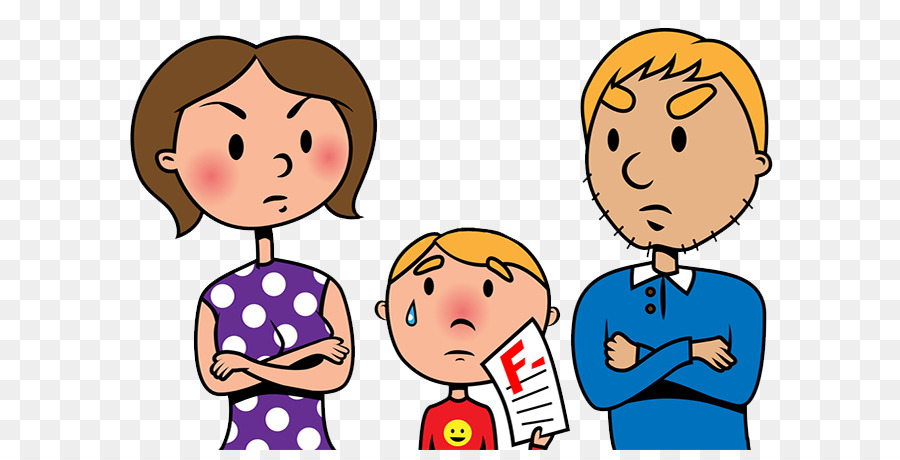 In these cases, the parent prefers to endure disrespect rather than risk trying to enforce boundaries and making their child angry.
In these cases, the parent prefers to endure disrespect rather than risk trying to enforce boundaries and making their child angry.
In some cases, a parent may even resent it when their partner asks the child to follow the rules. For example, Dad may get angry with Mom for trying to enforce a bedtime curfew even though their child should have been in bed a good few hours earlier.
Codependent parents often have low self-esteem. Their self-esteem is dependent on their child: If their child is happy with them, they’re happy about themselves. And if their child is troubled, they’re troubled.
While it’s totally normal for a parent to have hopes and dreams for their child, codependent parents take things a step further: They expect their child to live the life and achieve the goals that they themselves fell short of.
If you immediately see red when someone suggests that you may be a codependent parent, there’s a good possibility that they’re onto something. Why is that? Denial is a defense mechanism that protects you from painful or threatening thoughts, feelings, and information.
If your relationship with your child is on track, you’re not as likely to feel threatened by someone suggesting that something is wrong.
The saddest part about denial is that it will stop you reaching out for help. And as we’re about to see, it’s important to get help.
Parent-child codependency can be emotionally abusive. The child learns that their feelings and needs are unimportant and never has the chance to develop their own personality.
An adolescent’s sense of identity is built through the choices and commitments that they make. When a codependent parent stifles the child’s ability to commit to their chosen beliefs and values, the adolescent remains with a diffused identity and never forms their own.
In addition, because parents are a child’s role models, children naturally pick up on their parents’ behaviors. This includes codependency. A child who has been controlled is more likely to become a controlling parent.
The first step in stopping codependency is to admit that it’s present.
When parents have emptied the family emotional bank account with codependent behaviors, they’ll need to be especially respectful and sensitive to their child. Especially when the child starts to express the pent-up anger that has collected.
Here are some tips to get you started.
- Practice self-care. Instead of relying on your child to take care of your needs, take steps to fulfill your own needs. As you learn to give to yourself, you’ll be able to give to your child.
- Step back. Allow your child the independence to solve age-appropriate challenges. This will give them the self-confidence to trust themselves and stretch further.
- Listen actively. Give your child your full attention when they talk to you. Reflect back what you heard. Then ask them if you heard what they wanted to say.
Where do codependent parents turn to when reaching out for help? The best practice is to dedicate time for counseling sessions with a licensed therapist who’s experienced in codependency or addiction.![]()
But for a variety of reasons, that’s not always possible. You may also find online support groups, books, or organizations that offer helpful resources.
Be patient with yourself when you make the decision to move on to better parenting. You’re on a learning curve. Allow yourself to have some bad days, but keep moving forward.
Page not found - Parenting For Brain
We didn't find the posts for that URL.
Latest Posts
| What is a Narcissistic Mother | Things Narcissistic Mothers Say | Having to deal with a narcissistic mother is more than just dealing with her demanding and controlling behavior. They often say hurtful things that undermine your self-esteem. Growing up with a narcissistic parent can be a nightmare. Mothers who are narcissistic are not …
Read More about 50+ Things Narcissistic Mothers Say and Why They Say Them
| What is Psychological Flexibility | Why Is Psychological Flexibility Important | How Flexibility Makes Parenting Easier | How to Help Children Improve Their Psychological Flexibility | Parenting is inherently hard. Being fully responsible for another human being is not an easy task. But sometimes, parents make it harder than it needs to be. Parenting …
Being fully responsible for another human being is not an easy task. But sometimes, parents make it harder than it needs to be. Parenting …
Read More about How Psychological Flexibility Makes Parenting Easier
| Risk Factors That Cause Parents To Abuse | Effects Of Abuse (Statistics) | Protective Factors | How To Break The Cycle | What Is Child Abuse? Abuse from parents can take many forms. There are times when it is obvious and other times when it is difficult to detect. The five types of abuse …
Read More about Why Abusive Parents Maltreat and How To Break The Cycle Of Abuse
| How Do Maladaptive Behaviors Develop | Examples | Causes | How to Treat | What Is Maladaptive Behavior Maladaptive behavior is behavior that interferes with an individual’s ability to function in daily life or adjust to difficult situations. It is significantly different from what is expected for the individual’s developmental level.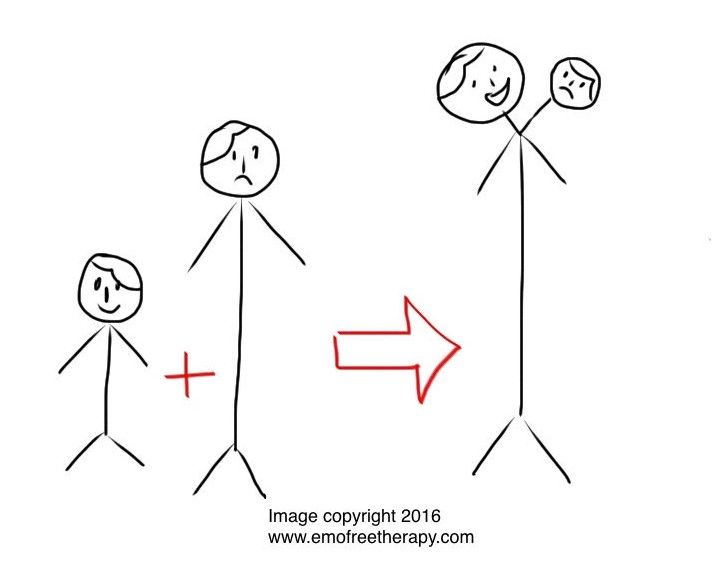 These behaviors are …
These behaviors are …
Read More about What Causes Maladaptive Behavior in Children?
Most parents love their children and would not intentionally hurt them. Unfortunately, there are parents who would say hurtful things to their kids intentionally. And even though we’re adults now, those hurtful sayings can still stick with us. Here are some of the most common damaging phrases parents use that their grown children still remember …
Read More about 23 Hurtful Things Parents Say That Kids Still Remember As Adults
| What Is Attention-Seeking Behavior? | Causes | Examples | How to Stop Attention-Seeking Behavior in Children | It’s normal for kids to want attention from their parents and also sometimes from other adults. However, some children insist on constantly being the center of attention. They may go out of their way and use annoying …
Read More about 9 Tips On How To Stop Attention-Seeking Behavior in Children
| Signaling the child is unworthy | Shaming and belittling the child | Comparing | Instilling prejudice | Threatening | It’s no secret that kids are incredibly impressionable. A parent’s words of wisdom can send powerful messages to their child. Sometimes, parents can be harsh or angry, and say things in a way that hurts …
A parent’s words of wisdom can send powerful messages to their child. Sometimes, parents can be harsh or angry, and say things in a way that hurts …
Read More about 31 Worst Things A Parent Can Say To A Child
| What is Gratitude? | Why Is It Important? | How To Teach Your Child Gratitude | Activities That Foster Gratitude | In our daily lives as parents, the topic of gratitude comes up more often than you might expect. We may wonder if our child will say “thank you” after receiving a gift. Sometimes …
Read More about How To Teach Your Child Gratitude
| What Are Life Skills? | Why Are Life Skills Important For Teens? | 3 Types of Core Life Skills | How to Teach Your Teenager Life Skills | Adolescence is a time of significant change, physically, intellectually, socially, and emotionally. The challenges can be overwhelming. This is when teens explore who they are and …
Read More about 3 Types Of Life Skills For Teens To Succeed In Adult Life
| Benefits of Journaling | Tips on How to Start Journaling | Journal Writing Prompts | What is Journaling? Journaling is the practice of writing down ideas, thoughts, feelings, or experiences in a journal. It can be used as a tool for both positive and negative emotions. It helps you organize thoughts, express emotions, cope …
It can be used as a tool for both positive and negative emotions. It helps you organize thoughts, express emotions, cope …
Read More about Benefits of Journaling For Children and Parents, Tips & Prompts
Codependent parenting - signs and tips on how to deal with it
Not many people know the term codependent parenting. With this form of parenting, the parent appears to selflessly love and care for their children, however, in reality, the parent can be overly sensitive to the child's moods and create unhealthy relationship dynamics that can harm their children in the long run.
Who are co-dependent parents?
Codependency is often described in the context of addiction. Although substance abuse is not always common among codependent people, it can be characterized as relationship addiction. These people are highly emotionally dependent on the other person and seek constant validation or set the tone for their well-being relative to the other person's well-being. It can also happen between a child and a parent when the parent becomes psychologically and emotionally dependent on the child.
It can also happen between a child and a parent when the parent becomes psychologically and emotionally dependent on the child.
Co-dependent parents rely heavily on their children for self-esteem, happiness, and mental stability, which can cause them to become overly controlling. When they seem to be losing control or the child is behaving against their will, they may lash out and sometimes even have a severe breakdown. In such cases, the child will be forced to bear a heavy burden and experience severe emotional upheaval, since the happiness of the co-dependent parent is in his hands. Ultimately, they may form an unhealthy attachment to their child and in some ways subtly demand feelings of love and devotion, which can become harmful. Codependent parenting is the result of past relationships not being fulfilled in the life of parents who try to make up for it by becoming dependent on the child.
What are the characteristics of a co-dependent parent?
1.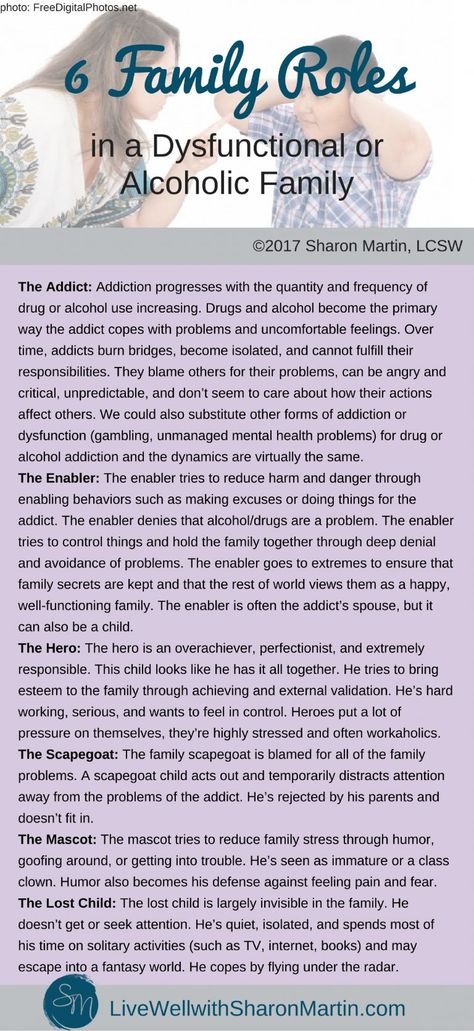 They are easily overwhelmed by the child's emotions.
They are easily overwhelmed by the child's emotions.
Because codependent parents rely on their children, their emotions can also be determined by their children's emotions. A codependent parent can easily become upset if their child becomes sad, angry, or withdrawn. This makes it difficult for them to set boundaries with their children and try to loosen the restrictions in order to control their own anxiety and peace of mind.
2. They have a need to be in control.
Because their sense of self and well-being depend so much on their relationship with the child, they tend to push their boundaries to gain control over the child's life. Any event or discourse that causes discomfort to the child is immediately picked up by the parents, which leads to attempts to take control of the situation. They will stop at nothing to regain control and relax when things are going their way.
3. They enjoy playing the victim.
Codependent parents often try to compensate for their shortcomings in life and childhood by playing the victim. They can tell stories about how disadvantaged they were in order to evoke sympathy and push the child to do what they would like to do. For example, a codependent parent may encourage their children to take up theater or sports even if the children are not interested.
They can tell stories about how disadvantaged they were in order to evoke sympathy and push the child to do what they would like to do. For example, a codependent parent may encourage their children to take up theater or sports even if the children are not interested.
4. They may ignore other relationships.
Co-dependent parents will push other relationships aside for fear that it might interfere with their relationship with their children. This means that they push the spouse aside, and the marriage fades into the background. On the other hand, they may also try to rip the child away from his friends and try to be their best friend.
5. They feel they are always right.
Codependent parents tend to think they are never wrong. They also never apologize or take responsibility for the situation they created because admitting wrongdoing would undermine their social image. They see the disagreement as a challenge to their dominance and feel threatened by the child's perceived rebellion. Many adult children usually perceive this as talking to a stone wall. In many cases, for the same reason, children leave the choice of college or institute to their parents.
Many adult children usually perceive this as talking to a stone wall. In many cases, for the same reason, children leave the choice of college or institute to their parents.
6. They tend to use guilt as a weapon.
Codependent parents often use silent treatment and passive-aggressive tactics to get their children to comply. The classic example is the parent who complains that their adult child doesn't visit often. When the child promises to visit more often, the parent replies, "You don't have to visit if you don't feel like it" in order to remain a victim.
Impact of parental codependency on children
Relationships with codependents can be emotionally draining, at times abusive and ultimately destructive. Codependent parent-child relationships can have a long-term negative impact on a child in terms of mental health, emotional intelligence, and adult relationships.
Parents and caregivers play a critical role in the mental and emotional development of children as children learn their behavior and develop as individuals. One of the effects of being a codependent parent is that children learn and imitate codependent behavior in every way they have as adults. Feelings of inadequacy and insecurity can quickly become part of their nature and affect them mentally and emotionally. Although a certain level of parental control is normal and even necessary, codependent parents take it to the extreme because they always want to control their child's life, regulate their worries and anxieties. If the child eventually understands what codependency is, he may sympathize with the parent or begin to feel resentment.
One of the effects of being a codependent parent is that children learn and imitate codependent behavior in every way they have as adults. Feelings of inadequacy and insecurity can quickly become part of their nature and affect them mentally and emotionally. Although a certain level of parental control is normal and even necessary, codependent parents take it to the extreme because they always want to control their child's life, regulate their worries and anxieties. If the child eventually understands what codependency is, he may sympathize with the parent or begin to feel resentment.
Co-Dependency Parenting Tips
1. Seek professional help.
If you can't solve your codependency problem or don't know where to start, the best option is to find a psychologist. Therapy sessions can help you understand or even resolve past relationship problems and reduce your addiction as a result.
2. Develop respectful and open communication.
If you have a habit of lashing out at your children when things don't go your way, it's important to learn how to maintain your composure even when you feel insecure. Use open communication with honesty and without manipulating your children to eliminate explosive moments.
3. Communicate positive intentions.
Make it a habit to let your children know that their value is not that they always please you or others. They need to know that love and respect are mutual and unconditional. Apologize if you overstep the bounds and make amends so you don't repeat your abusive behavior.
4. Avoid micromanaging.
While it may be tempting to interfere in your children's affairs, give them the freedom and opportunity to solve their problems, make mistakes, and learn from them in an age appropriate manner. Manage your anxiety and make it a habit to let go of trivial things.
5. Focus on taking care of yourself.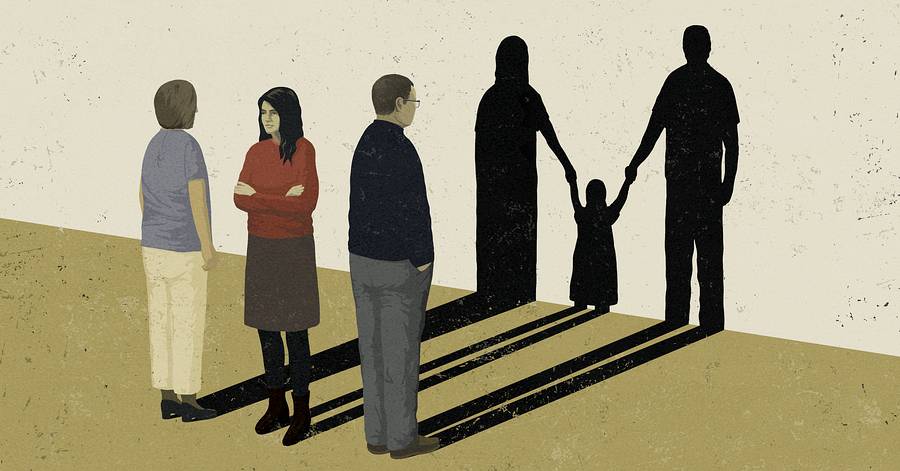
Meet your own emotional needs in healthy ways and spend time taking care of yourself and building self-esteem instead of relying on your child for everything. Engage in positive self-talk and activities that expand your perspective.
Codependent parenting can leave children with permanent emotional scars and affect their relationships as adults. Codependents can do better by seeking professional help on how to better manage themselves and not burden their children with responsibility for their well-being.
Did you like the article?
Comments (0)
Codependency Relationships with Parents - Child Development
When we hear the word "codependency", the first thing we think of is violence between a young man and a girl. But that's not always the point. It's hard to believe, but the strongest codependency is in the relationship between a parent and a child, and not between a guy and a girl. In codependent relationships between parents and children, the line between defensiveness and intrusiveness, between being normal and being overly involved, is very blurred. It is very difficult to detect codependence in the relationship between one of the parents and the child.
It is very difficult to detect codependence in the relationship between one of the parents and the child.
Let's look at a few signs that will help identify codependency in relationships between parents and children.
1. Co-dependent parents show a victim mindset
We all face difficulties in life, but co-dependent parents believe that others (and especially their children) are to blame. Often, parents instill guilt in their children in order to get sympathy from the child for their negative experiences and, ultimately, to get the desired behavior from him.
Here lies the problem. Instead of dealing with their emotional trauma in healthy ways (through self-reflection and psychotherapy), the codependent parent switches to the child and demands compensation.
This compensation can take many forms. For example, a mother who gave birth to a daughter early places high hopes on her in order to compensate through her for what she herself could not achieve in life. A co-dependent father may require his son to achieve in sports to compensate for the fact that in childhood he himself was not an athletic child. If the child decides to go his own way in life, the parent will manipulate through guilt to get him into submission.
A co-dependent father may require his son to achieve in sports to compensate for the fact that in childhood he himself was not an athletic child. If the child decides to go his own way in life, the parent will manipulate through guilt to get him into submission.
2. Codependent parents are never wrong
In a normal relationship, sometimes one is right, sometimes the other. In a co-dependent relationship between a child and a parent, the latter believes that he is always right. Even when the child has already reached adulthood, the parent does not discuss his position and does not even admit that he can be wrong. Instead, he always seeks to impose his opinion and "correct" the child's opinion. In co-dependent relationships, open discussion is not allowed, in which initially there is neither right nor wrong.
The co-dependent parent does not listen to the child's feelings and problems and does not try to get to know the child better as a person. He perceives every controversial situation as a threat to his authority.
Even if it becomes obvious that the parent is wrong, he will not apologize or will do it forcedly and insincerely. He needs absolute superiority over the child, and any recognition of his wrongness will be perceived by him as a sign of weakness and a reason to challenge his primacy in the relationship.
3. C dependent e parent and overly emotional
People sometimes cry, scream or express their attitude to what is happening in silence, but with a codependent parent these actions are brought to perfection. When parents feel that they are losing control of the situation or the right to have the last word in an argument, they begin to cry, yell, or intimidate the child in other ways to turn the situation in their favor. In this manipulative tactic, the codependent parent often accuses the child of being callous or insensitive, or pretends not to understand the situation.
If the child cries or expresses pain or anger, the codependent parent may be unusually angry and say that the child is behaving in such a way to manipulate the parents.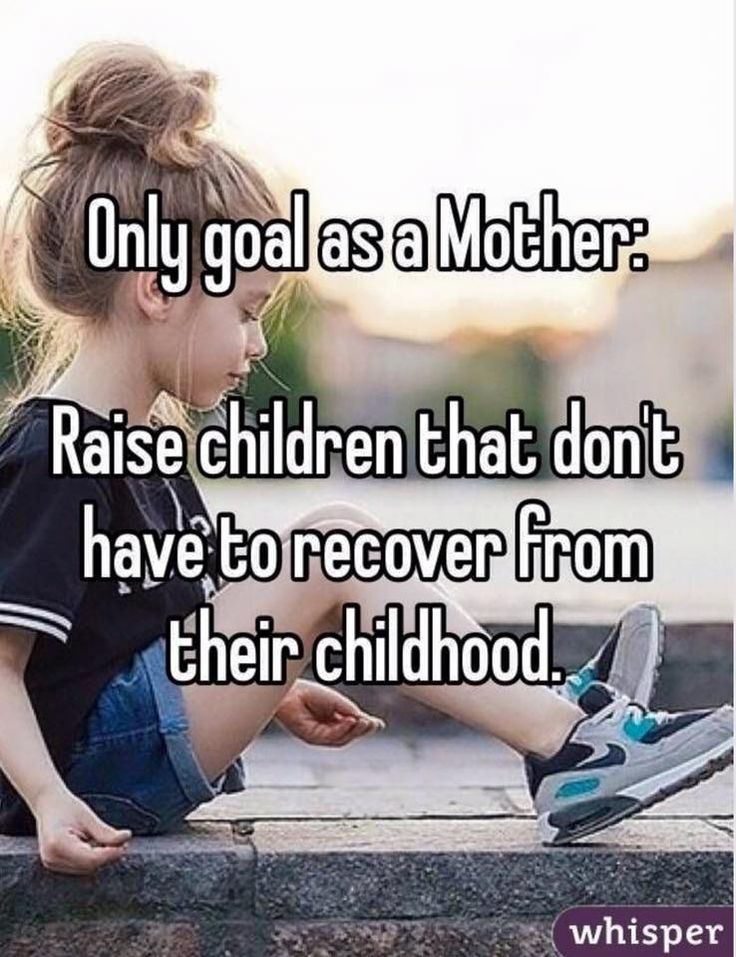 In fact, the parent is upset that his tactics backfired on him.
In fact, the parent is upset that his tactics backfired on him.
4. Codependent parents never listen to their children
Many children of codependent parents say that talking to their parents is like talking to a stone wall. No matter how convincing the child’s arguments are, the codependent parent will never change his mind, but will begin to refute the arguments or simply ignore them.
5. Codependent parents mindlessly repeat words and phrases
Instead of listening to the child's feelings, the codependent parent mindlessly repeats, mirrors or mimics the child's words and phrases. For example, if a child says that a parent hurts his feelings, a few hours later he may accuse him of the same. No matter what the child complains about, the codependent parent always turns the situation against him, moving from defense to attack. If you reveal such a strategy to a parent, he will ignore your words, get angry or embarrassed.
6. Codependent parents experience emotional swings
Mood swings can occur over minutes or days. But a codependent parent can quickly move from one extreme to the other. This often happens when, with the help of manipulation, he was able to ensure that the child made concessions. A codependent parent may scream and tantrum, but once he gets what he wants, he can immediately become cheerful. Conversely, he may take on a scowl to deal with the guilt that results from such manipulation.
For example, a mother may yell at her son because he rarely calls her. As a result, the son may give up and promise to call more often. When the mother achieves what she wants, to consolidate her victory, she can say: “I don’t care if you call or not. But you have to do it." After that, the son will not only have to call more often, but also convince the mother that he really does this of his own free will, thereby freeing her from any responsibility and guilt.
7.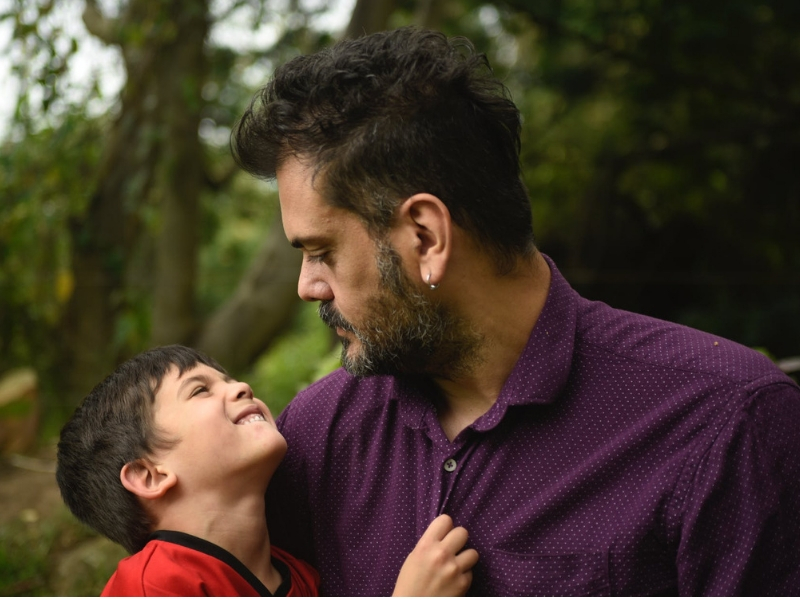 Codependent parents try their best to maintain control
Codependent parents try their best to maintain control
Control is the ultimate goal of all co-dependent parents. Many of them expect unnaturally strong love and adoration from their children to make up for what they lack in other ways. Often co-dependent parents seek the love and attention from their children that they could not get from their own parents. This reverses the roles in parent-child relationships and makes them toxic.
No matter what a parent seeks to achieve in a codependent relationship with a child, he often loses his temper when he does not achieve what he wants. If a parent assumes the role of a victim in order to make the child feel guilty, he may suddenly become aggressive if his plan does not work. Conversely, if the parent manipulates the child through passive-aggressive behavior, the parent may begin to dominate and speak openly with the child.
It is important to remember that these changes in behavior are not random mood swings. The co-dependent parent shows his true nature, and the rest of the time he acts according to the intended plan in order to achieve his goal. When the goal is not achieved, there is no point in continuing to act according to the plan.
The co-dependent parent shows his true nature, and the rest of the time he acts according to the intended plan in order to achieve his goal. When the goal is not achieved, there is no point in continuing to act according to the plan.
8. Codependent parents skillfully manipulate
The most effective form of manipulation is covert. Examples of hidden manipulations can be ignoring, passive-aggressive comments, refusing to harm, projections, etc. In a codependent relationship, the child is often confused: which of the two is doing wrong - him or the parent?
Co-dependent parents often resort to manipulation unconsciously. They sincerely believe that they are acting in the interests of the child, and do not notice their manipulative behavior. When this is pointed out to them directly, they are sincerely and deeply upset.
In fact, codependent parents often manipulate not because they want it, but because they need it.
